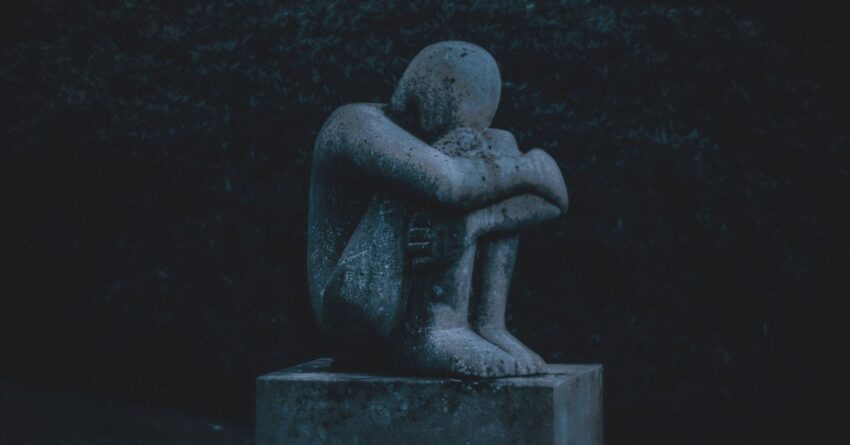Father’s Day is a bittersweet occasion when your father has died. A holiday dedicated to celebrating paternal love and appreciation serves as a poignant reminder of the absence and grief of their father figure. The day celebrated by so many offers a depth of complexities when grief foreshadows the holiday slated to honor The Dad. The ache of loss is hard to navigate on Father’s Day.
This is a reflective journey and one you choose to embark on. If you decide to join festivities with others as they celebrate the day, make sure to have an escape Plan B and escape Plan C. Plan B, for example, is a time-limited visit. Plan C, for example, is taking a walk or calling a friend, should feelings of overwhelming grief take over. The path of grief is unpredictable. It’s a time when memories flood in, and the absence of a loved one is deeply felt.

Source: Photo by K. Mitch Hodge on Unsplash
Five steps to help navigate the potency of grief, especially during Father’s Day:
1. Recognize the loss. Talk about it with loved ones or friends around you. When you ignore the presence of the loss, the feelings around it can intensify.
2. Identify and honor the emotions you feel during this time. Others around you may believe you are deeply saddened by the loss of your dad, however, you might feel anger, remorse, or guilt. If you write down any of your feelings, this tool allows you to engage in an emotional release. Tell yourself that all emotions are allowed to be felt.
3. Time to heal. Time to feel. Time to be with the self. Grief is not a choice. You do have a choice in how you manage it. Healing does not mean forgetting. Healing does not mean it all goes away. It is a way to integrate the loss into your daily life.
4. Create space to be curious about how it has changed something within you or your relationships with loved ones and friends. The loss of a father can affect other family members.
5. Remember grief is not linear. It moves in its way and doesn’t follow one experiential or emotional path. People don’t want to feel their grief, and yet, when you give yourself the gift of being with it and are curious about how it affects you, it is something you can learn to integrate. You don’t get over it, you will learn to dance with it.

Non-linear grief
Source: Artnoy Vector | Dreamstime
The response to the loss of a father is like an intricate web of emotions harbored in your mind, body, and soul, and each aspect of where the pain lands needs time to adjust to what is a new normal. Consider how to enhance your patience and kindness within the self to explore and understand the impact of this loss. No one experiences loss in the same way. For some people who are mourning the loss of their dad, the loss of the relationship may translate into the loss of a chance to repair something that was broken, the loss of your confidante, or the loss of the family system that depended on his presence. These are only a few ways the dynamics of the loss present themselves.
Father’s Day can evoke a myriad of emotions for those who have lost their fathers. Grief is a natural part of the human experience. Ranging from nostalgia to profound sadness, through acknowledgment and compassion healing can take root. Honor their legacies to find solace in the love that continues to endure.
